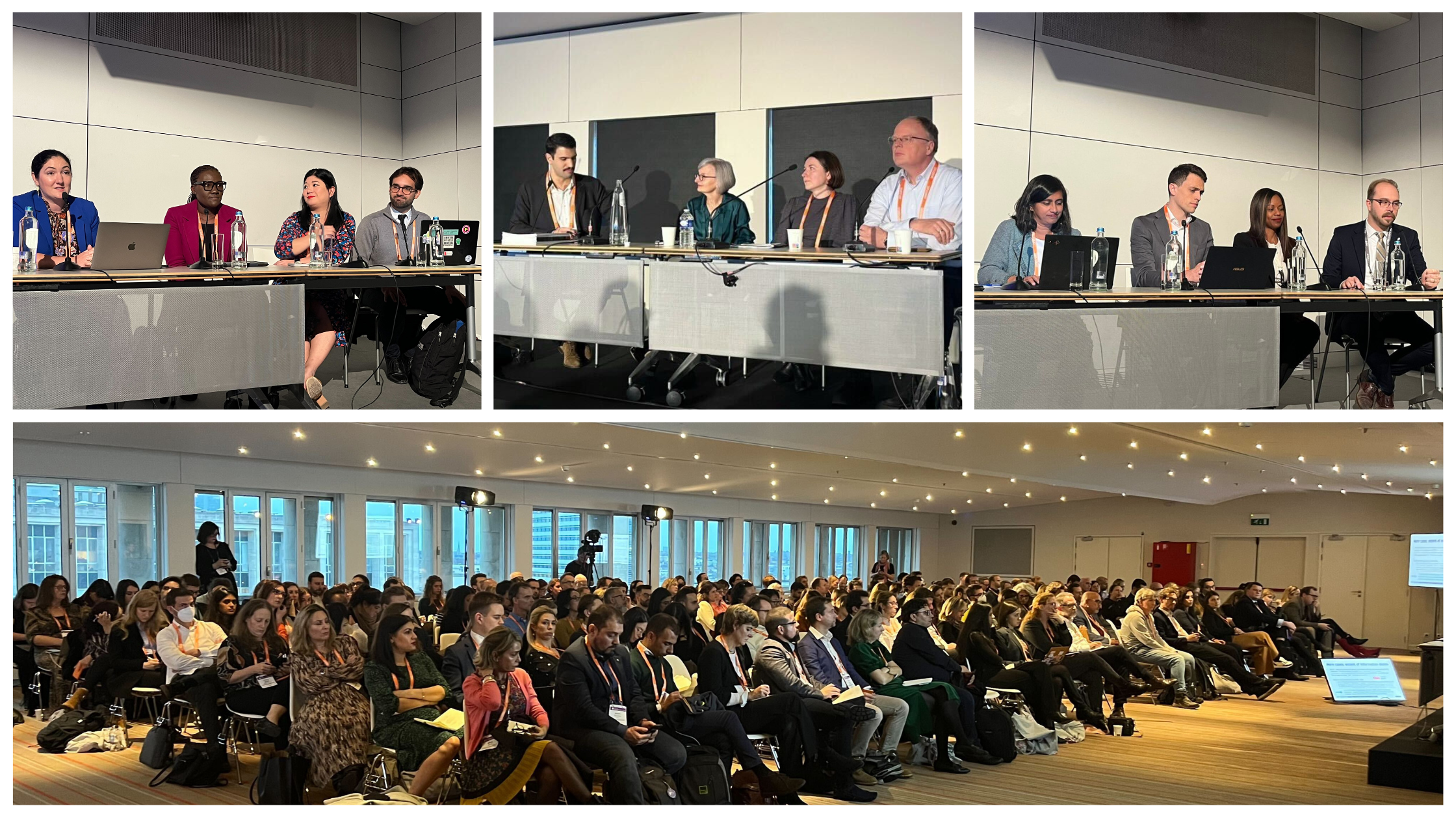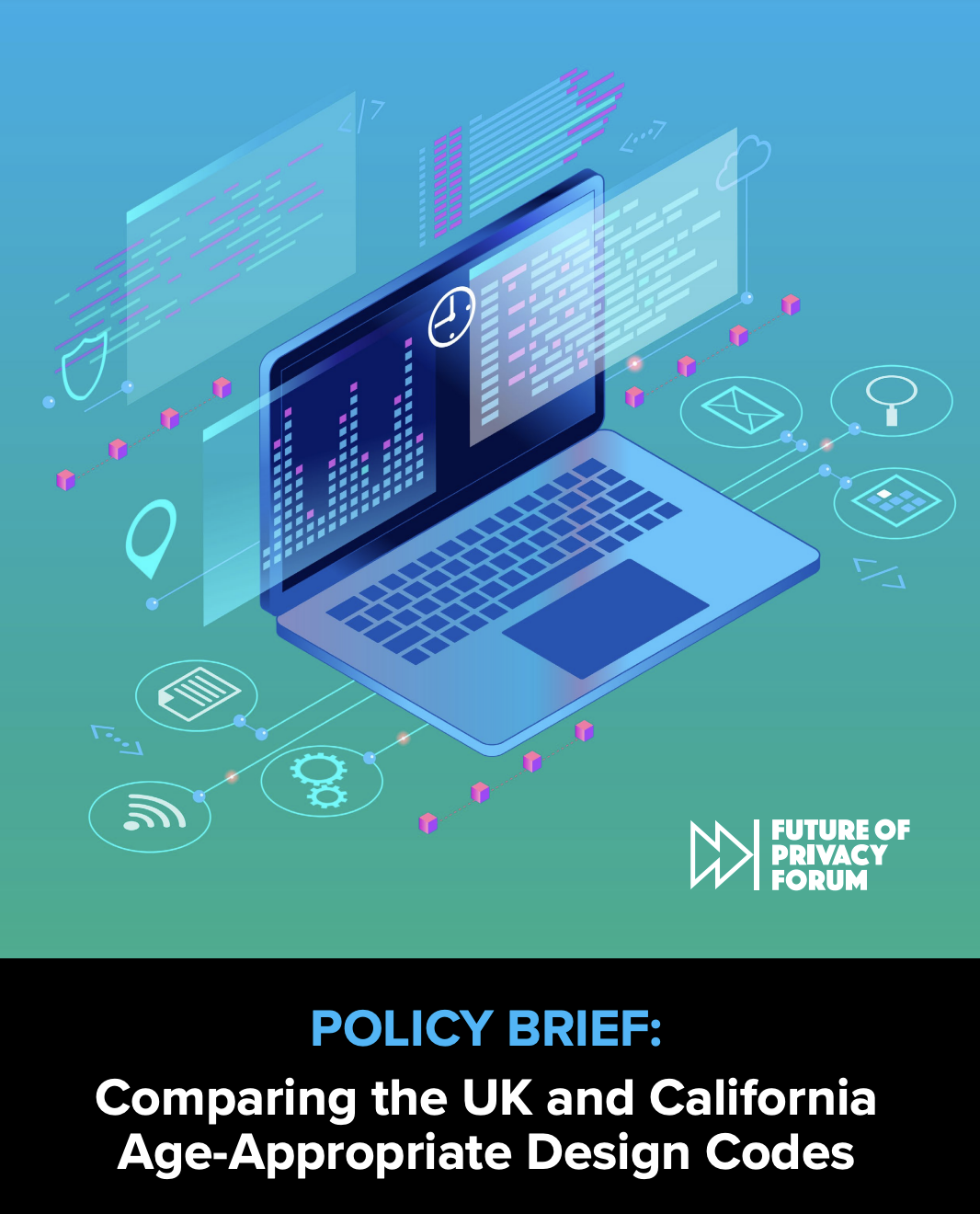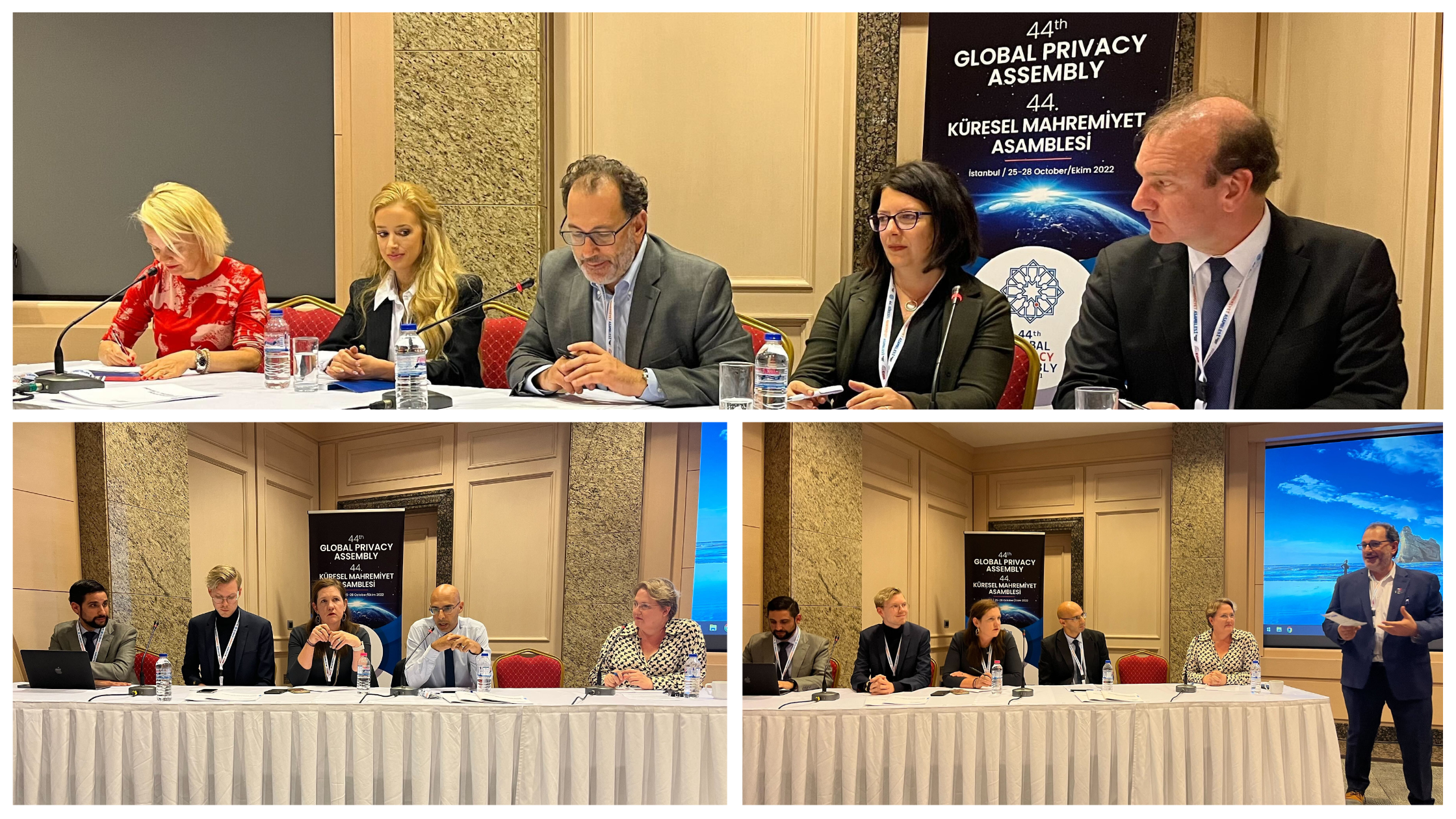Showing results for virg xped promo codes georgia

FPF Statement on President Biden’s 2023 State of the Union Address
“Data protection and privacy are fundamental human rights. The benefits of modern technology in areas like mobility, health care, and education cannot be fully realized until a clear, comprehensive federal privacy law is enacted. Americans will benefit from a standard that provides individuals with needed protections and organizations with certainty and guidance. While privacy is […]

7 Tips For Protecting Your Privacy Online
[…] and then shared or sold to another. While data collection can offer benefits to both you and businesses – like connecting with friends, getting directions, or sales promotions – it can also be used in ways that are intrusive – unless you take control. There are many ways you can protect your personal data […]

The Future of Manipulative Design Regulation
Regulators in the United States and around the globe are bringing enforcement actions and crafting rules intended to combat manipulative design practices online. These efforts are complex and address a range of consumer protection issues, including privacy and data protection risks. They raise thorny questions about how to distinguish between lawful designs that encourage individuals […]

FPF in 2022: A Year in Review
[…] The Hill and Lawfare editorials respectively. In addition to federal privacy legislation, 2022 also saw the introduction of consumer privacy laws in Utah and Connecticut, joining California, Virginia, and Colorado. Last month, FPF urged the Federal Trade Commission to prioritize practical rules that clearly define individuals’ rights and companies’ responsibilities in our filed comments […]

Record Set: Assessing Points of Emphasis from Public Input on the FTC’s Privacy Rulemaking
[…] because the regulation of data privacy and security is a “major question” best served through Congress. These comments focused on the Supreme Court’s 2022 ruling in West Virginia v. EPA, holding that regulatory agencies, absent clear congressional authorization, cannot issue rules on major questions that affect a large portion of the American economy. Several […]

FPF at IAPP’s Europe Data Protection Congress 2022: Global State of Play, Automated Decision-Making, and US Privacy Developments
[…] remarks on state-level legislation focusing on the California Consumer Privacy Act (CCPA) as amended by the California Privacy Rights Act (CPRA), adding that Colorado, Connecticut, Utah, and Virginia have similar laws. She elaborated on the CPRA’s contractual language, comparing California’s categorization of “Businesses,” “Contractors,” “Third Parties,” and “Service Providers” to the GDPR’s distinction between […]

Five Big Questions (and Zero Predictions) for the U.S. State Privacy Landscape in 2023
[…] Rights Act (CPRA) ballot initiative expanded California’s privacy regime, establishing heightened protections for certain sensitive personal information and providing a right to correct inaccurate data. In 2021, Virginia (VCDPA) and Colorado (CPA) enacted laws that are notable for creating ‘opt-in’ affirmative consent requirements in addition to California-style ‘opt-out’ privacy rights. Finally, in 2022, Connecticut […]

FPF Releases Comparative Analysis of California and U.K. Age-Appropriate Design Codes
[…] Age-Appropriate Design Code Act (AADC), a first-of-its-kind privacy-by-design law in the United States, and the United Kingdom’s Age-Appropriate Design Code. While there are distinctions between the two codes, the California AADC, which is set to become enforceable on July 1, 2024, was modeled after the UK’s version and represents a significant change in the […]

Event Report: FPF Side Event and Workshop on Privacy Enhancing Technologies (PETs) at the 2022 Global Privacy Assembly (GPA)
[…] to clarify when and how PETs should be deployed in different scenarios to ensure compliance with privacy laws; and providing tailored advice to lawmakers that wish to promote the use of PETs for the pursuit of public interest tasks and the responsible use of data. On this note, Gilad Semama noted that PETs seem […]
